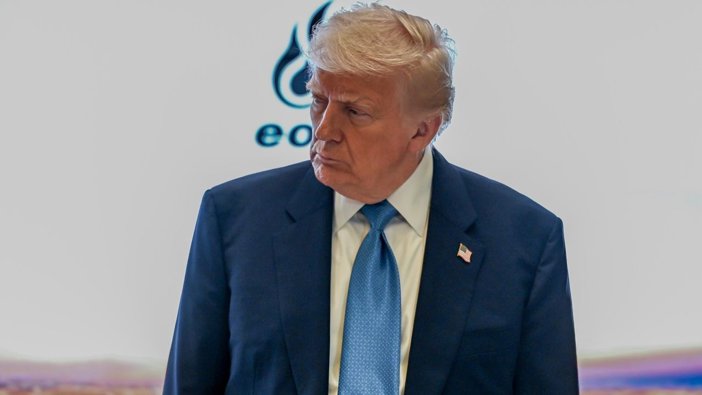
GOP Dissent Imperils Trump’s Budget Bill
Republican resistance in the House Budget Committee has placed President Trump’s multitrillion-dollar budget bill in jeopardy, with at least three GOP members signaling opposition ahead of Friday’s critical markup.
Internal GOP Fractures Delay Trump’s Legislative Agenda
President Donald Trump’s ambitious budget legislation is facing internal opposition from within the Republican Party as several conservative House members threatened to block its progress ahead of a crucial House Budget Committee meeting. The bill, which includes major reforms in taxation, immigration, defense, energy, and the debt ceiling, could falter before reaching the House floor.
Representatives Andrew Clyde (R-Ga.) and Ralph Norman (R-S.C.) both confirmed Thursday that they plan to vote against advancing the bill in committee. Representative Chip Roy (R-Texas) has also expressed opposition, criticizing the legislation for delaying key fiscal reforms until 2029. Roy described the package as “swamp accounting to dodge real savings.”
The Republican majority can only afford a single defection in committee to advance the bill. With one GOP member expected to be absent, the three dissenters could derail the legislation entirely. Budget Committee Chair Jodey Arrington (R-Texas) acknowledged the risk, stating the “no” votes are “potentially enough to delay it.”
Conservative members voiced frustration over delayed implementation of Medicaid work requirements and what they consider insufficient rollbacks of green energy subsidies enacted under President Biden’s Inflation Reduction Act. “We need answers before it hits the floor,” Norman said, calling the provisions insincere and lacking urgency.
Speaker Mike Johnson (R-La.) and House Majority Leader Steve Scalise (R-La.) maintained optimism that the bill would advance, with Johnson stating, “We’re going to get this thing done on the schedule that we proposed.” Still, concerns persisted among Budget Committee members, with Rep. Josh Brecheen (R-Okla.) requesting a delay in Friday’s meeting.
SALT Deduction and Swing District Pressure Add Complexity
In addition to conservative objections, moderate Republicans from high-cost states expressed dissatisfaction with the current cap on state and local tax (SALT) deductions. The Trump proposal raises the cap from $10,000 to $30,000, a move that fails to satisfy several members of the bipartisan SALT Caucus.
Representative Mike Lawler (R-N.Y.) argued that extending the Trump-era tax cuts would automatically eliminate the cap in 2025, framing any current limit as a form of fiscal savings. “Any cap is a savings within the bill,” he said in defense of the provision.
Rep. Nick LaLota (R-N.Y.) signaled a willingness to support raising the SALT cap in exchange for expediting Medicaid work requirements, reflecting ongoing negotiations between the party’s fiscal conservatives and its moderate faction.
The legislation is being advanced through budget reconciliation, a process that bypasses Senate filibuster rules and allows passage with a simple majority in both chambers. Eleven House committees have contributed to the bill’s framework, which is now under review by the Budget Committee before moving to the House Rules Committee and ultimately the Senate.
If passed, the legislation would represent a sweeping realization of President Trump’s domestic policy agenda. However, internal party rifts must be resolved before the bill can proceed, making Friday’s committee vote a pivotal moment in the legislative process.






